Acting as part of a cross-border alliance of around 80 industrial companies, voestalpine emphasized that free CO₂ allowances for industrial companies must not be phased out as currently planned.
The company noted that while voestalpine already pays roughly 200 million euros annually to the Republic of Austria for CO₂ allowances, the planned phase-out of free allocations between 2026 and 2034 would force it to incur an additional cost of 1 to 2 billion euros by 2030. This would severely impact the company’s competitiveness and employment levels and could also disrupt its greentec steel transformation project.
voestalpine AG CEO Herbert Eibensteiner stated, “The proposed timeline for phasing out free allocations between 2026 and 2034 is unrealistic. By then, the fundamental prerequisites for a technological shift — such as the availability of green electricity and hydrogen at competitive prices — will not yet be in place. We are a reliable partner in decarbonization, but the EU must align its emissions trading system and timeline with technological realities.”
Through its greentec steel transformation program, voestalpine aims to reduce its emissions by 30 percent by 2029 and will have invested one-third of the total 1.5 billion euro budget from its own resources by the end of March 2025. This corresponds to roughly 5 percent of Austria’s total CO₂ emissions. Eibensteiner added, “Phasing out free allowances as planned would lead to significant losses in competitiveness and employment, and cause serious setbacks for our transformation project.”
voestalpine’s operations in Austria are of vital importance to the national economy. The company generates around 8 billion euros in annual added value and contributes approximately 2.4 billion euros in taxes and social security payments, both directly and indirectly. Maintaining free allocations is crucial for preserving industrial competitiveness, securing future investments, and safeguarding 23.300 jobs in Austria.
Eibensteiner also stressed that the Carbon Border Adjustment Mechanism (CBAM), scheduled to take effect in 2026, cannot replace free allowances. “CBAM does not provide comprehensive protection against carbon leakage. We face disadvantages in exports, while our competitors benefit from loopholes in imports. If the emissions trading system fails to consider the technological prerequisites for transformation, it could become a dead end for both industrial and climate policy. There is no alternative to maintaining free allocations for industry,” he said.
voestalpine and its alliance partners are calling on European policymakers to abandon the planned phase-out of free allocations from 2026 to 2034 and extend the current system. The company emphasized that this step is essential to ensure the sustainable growth of European and Austrian industry and the success of green transformation goals.


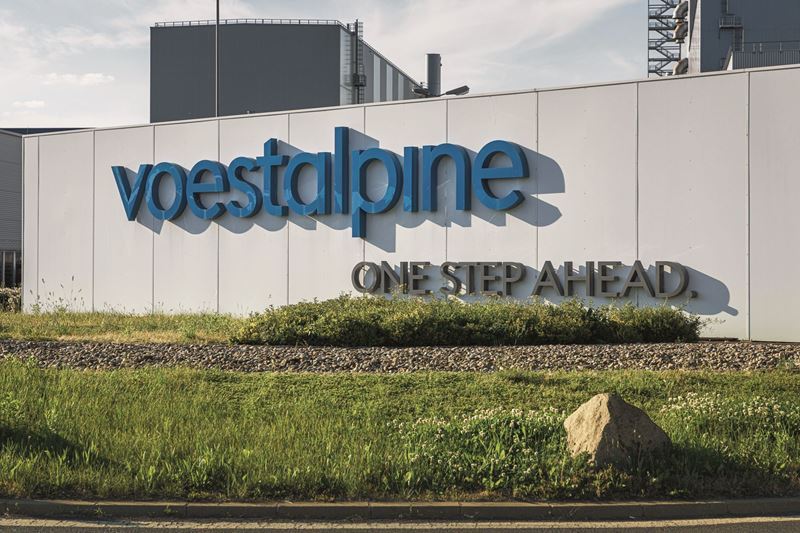

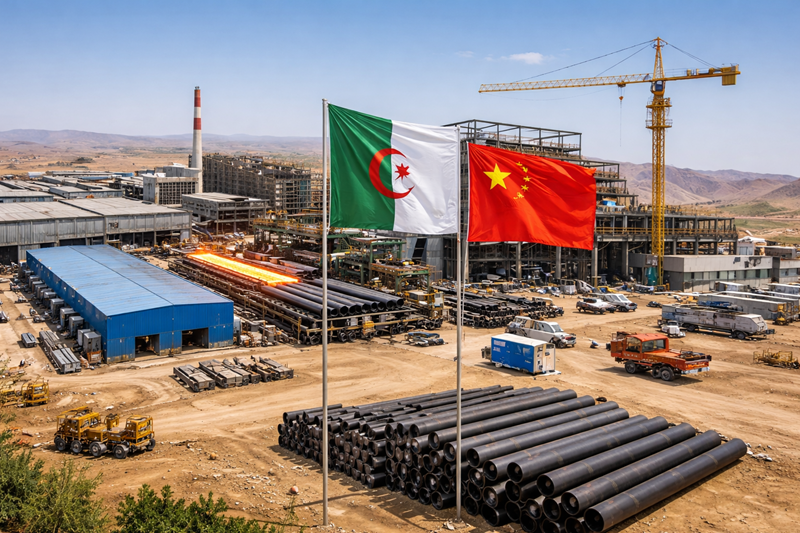
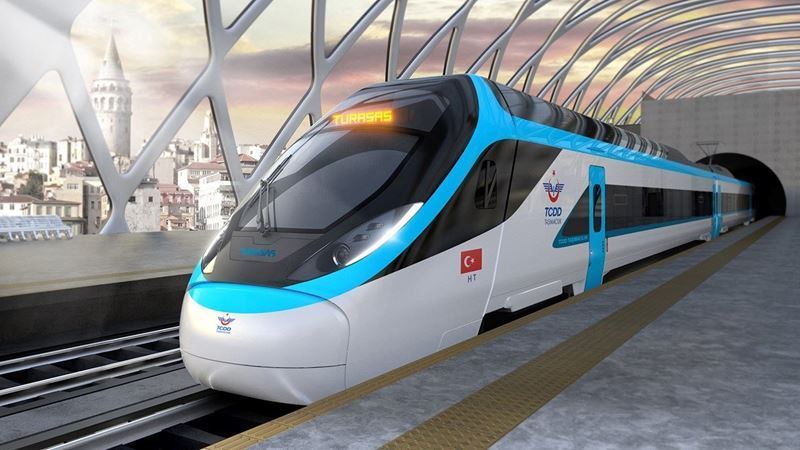
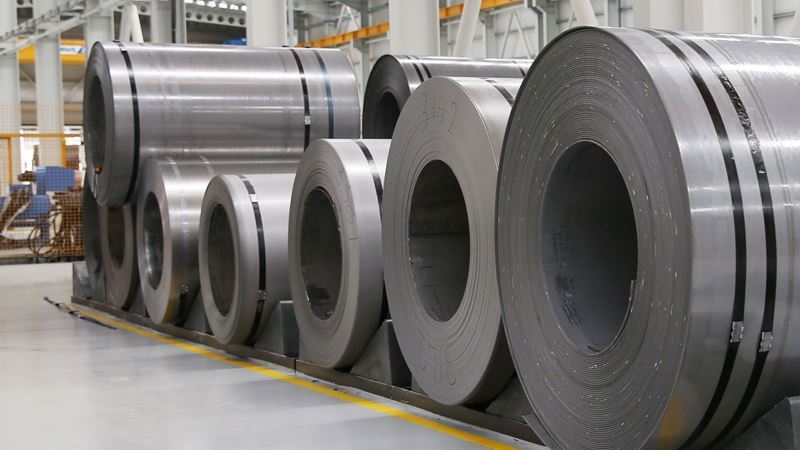
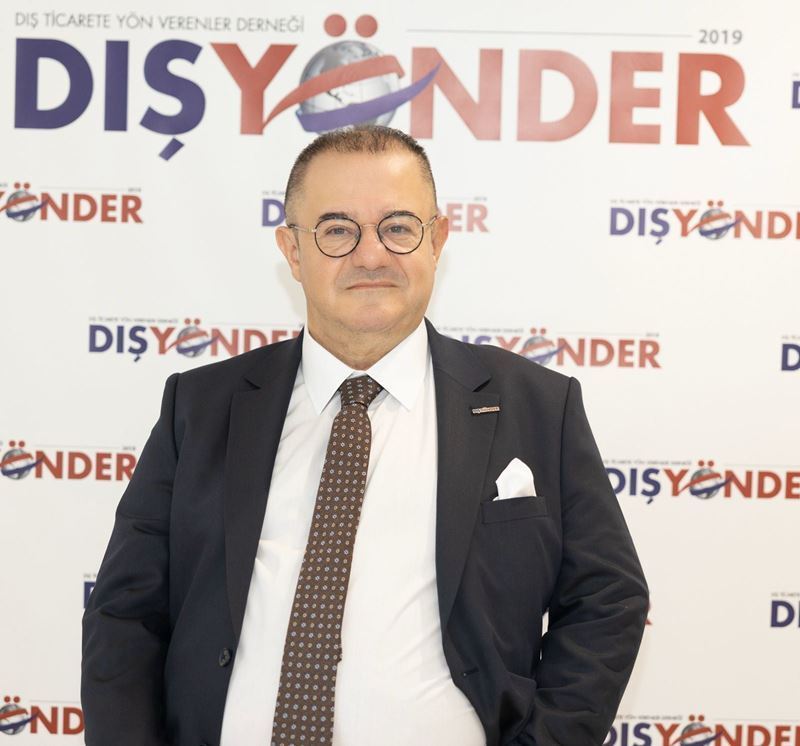
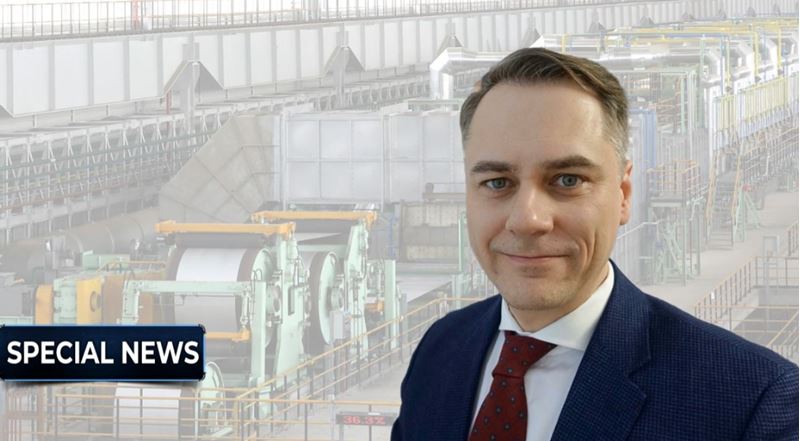


Comments
No comment yet.